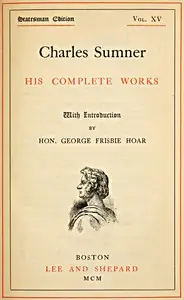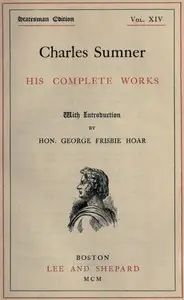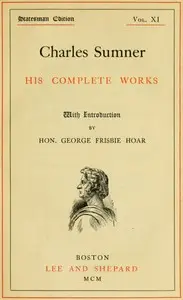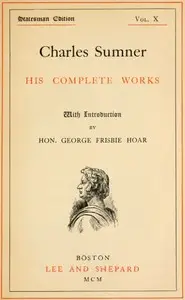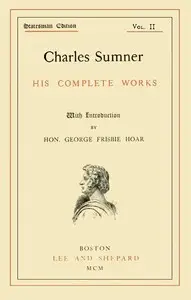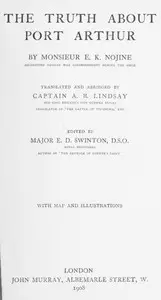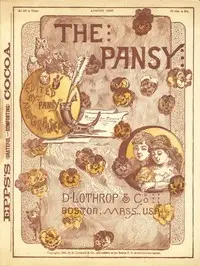"Charles Sumner: His Complete Works, Volume 16" by Charles Sumner is a historical compilation written in the late 19th century. This volume is part of a larger collection that explores the notable speeches, letters, and discussions by Sumner, a prominent abolitionist and senator, focusing primarily on issues of civil rights, national unity, and political discourse during the Reconstruction era of America. As a testament to his legislative contributions, the work sheds light on the ongoing struggles for equality and the role of government in addressing civil rights. The opening of this volume features letters and addresses that articulate Sumner’s deep commitment to civil rights and the principle of national unity following the Civil War. In his correspondence, he emphasizes the necessity for Congress to ensure equal rights for all citizens, particularly highlighting the need to reject political oligarchies and support manhood suffrage. Sumner’s address before the New York Young Men’s Republican Union further interrogates the essence of the nation, questioning the relationship between state rights and national sovereignty. Through these pieces, the early chapters set a compelling tone for the subsequent essays and speeches, showcasing his advocacy for a unified nation rooted in the principles of human rights and equality. (This is an automatically generated summary.)
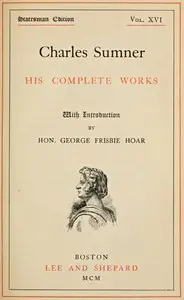
Charles Sumner: his complete works, volume 16 (of 20)
By Charles Sumner
"Charles Sumner: His Complete Works, Volume 16" by Charles Sumner is a historical compilation written in the late 19th century. This volume is part of...
Charles Sumner was an American lawyer, politician, and statesman who represented Massachusetts in the United States Senate from 1851 until his death in 1874. Before and during the American Civil War, he was a leading American advocate for the abolition of slavery. He chaired the Senate Foreign Relations Committee from 1861 to 1871, until he lost the position following a dispute with President Ulysses S. Grant over the attempted annexation of Santo Domingo. After breaking with Grant, he joined the Liberal Republican Party, spending his final two years in the Senate alienated from his party. Sumner had a controversial and divisive legacy for many years after his death, but in recent decades, his historical reputation has improved in recognition of his early support for racial equality.

